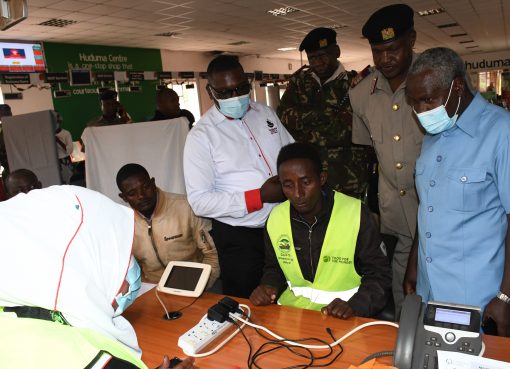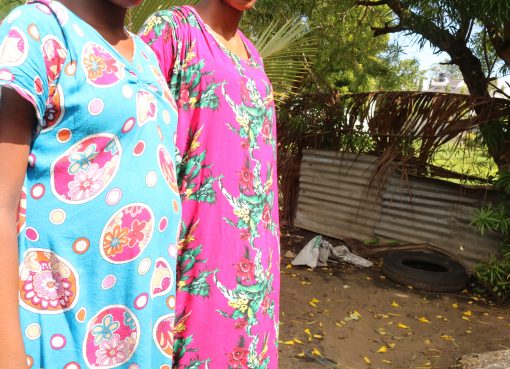Three non-government organizations have launched a complimentary effort to support the government in the fight against retrogressive cultural practices among pastoralist communities in Marsabit and Isiolo counties.
The NGOs that have been engaged in human rights activities in the region, particularly on gender based violence have secured donor support to run a one year project that would enhance livelihoods of susceptible women and girls in the two counties.
The project, while supporting the livelihood and reintegration of vulnerable women and girls who are not conformist with harmful cultural practices, would also seek to increase the number of men who advocate the rights of the target group.
Speaking during the launch of the project at a Marsabit hotel on Monday , Pastoralist Women for Health and Education (PWHE) programme officer Mohammed Golompo said collaboration with line government departments like that of children, health, the police and national administration would be key in ensuring the objectives of the initiative are achieved.
Golompo said that young men would be sensitized on the need to shed off the affinity that they could only marry girls who have undergone female genital mutilation (FGM).
“We intend to help the government in eradicating the vice by waging a campaign against FGM and persuading young men in accepting to marry girls who haven’t undergone the cut,” he said.
The project funded by Christensen Fund aims at helping women and girls who are subjected to suffering owing to outdated cultural practices including those who are ostracized after falling pregnant out of wedlock.
The Chairperson of Marsabit Women’s Advocacy Development Organization (MWADO), Nuria Gollo said public education against the vices that are propelled by retrogressive cultural practices, have on many occasions failed to bear fruits because girls do not have a say in issues to do with rites of passage.
“Girls are forced into circumcision despite the communities being aware of the dangers of the practice because they are regarded as children and not allowed to participate in decision making,” said Nuria.
She said that a new approach to the fight against the vices was important, adding that the project plans to incorporate the traditional leadership of pastoralist communities through training in the war against FGM, early and forced marriages.
Nuria said defilement, rape, FGM and forced marriage practices perpetuated against women and girls were alarmingly high in the region, hence the need to wage a relentless war in order to bring the atrocities to an end.
The project has a major component of vocational training where vulnerable women groups and girls would be equipped with skills and then provided with income generating start up kits.
Indigenous Resources Management Organization (IREMO) chief executive officer Eva Darare said there was need to liberate women from poverty and suffering that is being fueled through stereotypes on negative cultural practices.
She said the project, which will run in the two counties that share many cultural and socio-economic similarities will ensure identified vulnerable women and girls are empowered to realize their self-worth.
“We shall focus on empowering economically and academically victims of gender based violence so that they can gain a voice in society” said Darare, adding that more emphasize would be on enlisting support from men.
Officiating at the inception meeting, Marsabit Central Assistant County Commissioner 1 (ACC1), Samuel Gichohi said the government appreciated partnership in matters of development from the private sector.
Gichohi pointed out that the new constitution dispensation was a progressive one as it advocates for equal opportunities to both gender and asked the organizations to make every effort to enable the growth of the girl child and women development.
He assured the NGOs of the government support in their operations, noting that law enforcement agents would continue to hunt down on those still practicing the outlawed FGM so that the vulnerable girls could be given room for self-improvement.
The administrator noted with appreciation that the project aims at rescuing girls who are forcefully removed from school to be married off and enrolling them back to school saying the move would enable the government in attaining 100 per cent enrollment.
“This is a very noble programme which apart from helping eradicate retrogressive cultural practices like FGM it’s also a compliment to the government policy on education,” he said.
Gichohi also pointed out that there were many vulnerable mothers and girls wallowing in poverty in the region whose plight the project should endeavor to address.
In Marsabit, the project’s operational area would be in four wards of Moyale Township (Moyale constituency), Marsabit Central (Saku), Kargi (Laisamis) and Maikona in North Horr constituency.
By Sebastian Miriti




